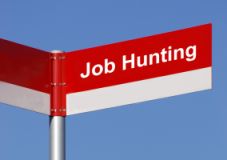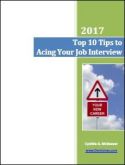 |
||
Writing a Resume Writing a resume often requires getting advice from someone who knows what they're talking about. Good advice. The kind of advice you get from someone who is in the business of recruiting. DerrJones can help. Resume advice is abundant on the internet. What makes us so special? If you're looking for a step by step introduction to how to build a resume, you'll find that here. If you're looking for someone who is in the business of writing a resume for you, well...that's another story. I'm not aware of anyone providing resume writing services for free, on the internet, or anywhere else. That being said, I think you'll find our advice easy to follow. And at the end of the process, you'll have a resume that will open doors for you. So, let's get started. For more detailed information on any particular section, click on the links provided. Resume Outlines: Your RoadmapBefore we officially start writing a resume, we're going to create an outline of a resume that will serve as a roadmap for where we're going. The outline is as follows:
Companies You Worked For (Name, Location, Dates) Short description of what the company does Titles Held for Each Company, with Dates Short description of what your job entailed Significant Accomplishments in each role
Filling in the DetailsRule number 1: Write your Summary Statement last. You'll find this much easier to write, once you've given some thought to the positions you've held over the years, and what your accomplishments have been. For each company you list, write a short sentence or two that tells the reader what the company does. This is especially important if you're not working for a big name company. Specifically include the industry the company is in and the size of the company, in terms of revenue and employees. List your positions. Your short description should not an excerpt from your job description! Instead, write one or two sentences that describe your role. Like this: Senior Sales Director 2006 - Present Your AccomplishmentsThis is the hardest part. Listing your significant accomplishments. Your accomplishments are not your job description. Accomplishments are results you've produced in your role. Things like:
In thinking about your Accomplishments, cast a wide net. Let your ideas flow. Think about strong Action Verbs to use at the beginning of each accomplishment statement. You'll refine this list as you're putting your resume together. Education, Honors, and Professional Associations should be straight forward. Include only current Association memberships, unless you held an officer position in the past 5 years. Continuing Education should be listed only if significant. For example, attending a one hour workshop should not be listed. Now that you have some details mapped out, how do you put them together? Chronological or Functional...
|
|
|
|
[?] SUBSCRIBE
|
||
About Us | Contact Us |
Privacy Policy |
||





